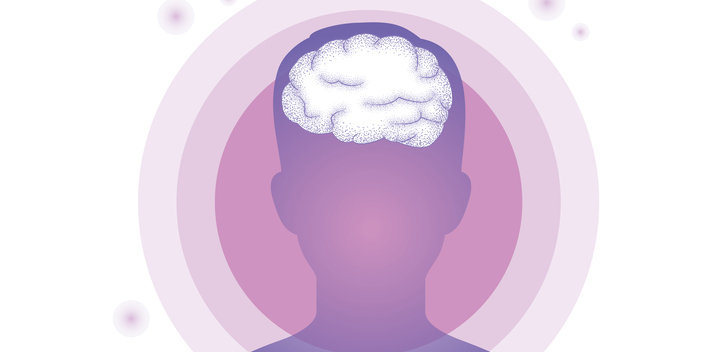Brain tumor radiation can affect children’s memory, says new Baylor study

The bad news: Children who undergo radiation treatment to fight the most common childhood brain tumor may have trouble recalling recent memories after the treatment.
The good news (such as it is): Radiation therapy in such cases does not seem to affect episodic memories from before the children’s treatment.
This, according to a recent Baylor research effort studying how radiotherapy and chemotherapy affect the brain. The research team — led by Dr. Melanie Sekeres, a Baylor psychology and neuroscience professor — found that children after treatment had less volume in their hippocampus, a part of the brain that plays an important role in memory.
“The study identifies an area of cognition that is inadvertently impacted by standard treatment, which has real consequences for the quality of life of the survivors,” says Sekeres. “The physicians’ ultimate goal is to allow their patients to survive and to live as well as possible. Although these treatments are often crucial in the effective management of the cancer, if the physicians and the family know there are these unintended side effects, that may be an additional factor to consider when exploring the treatment options.”
The study, published in The Journal of Neuroscience, found that children with certain types of brain tumors who undergo radiation are less likely to remember specific aspects of events they experienced following the treatment — for instance, the type of cake they ate or what games they played at a recent friend’s birthday party.
“Such specific details might seem trivial, but these are precisely the kinds of details that allow us to vividly replay important events in our lives… and those are the kind of memories that allow us to understand who we are and give us rich personal lives,” says Sekeres.
The next step for researchers: More study of how the hippocampus works in children who have had brain radiation, to see if tools such as exercise and medicine can help promote nerve cell growth in this part of the brain to help those who are affected.
Sic ’em, Baylor researchers!

